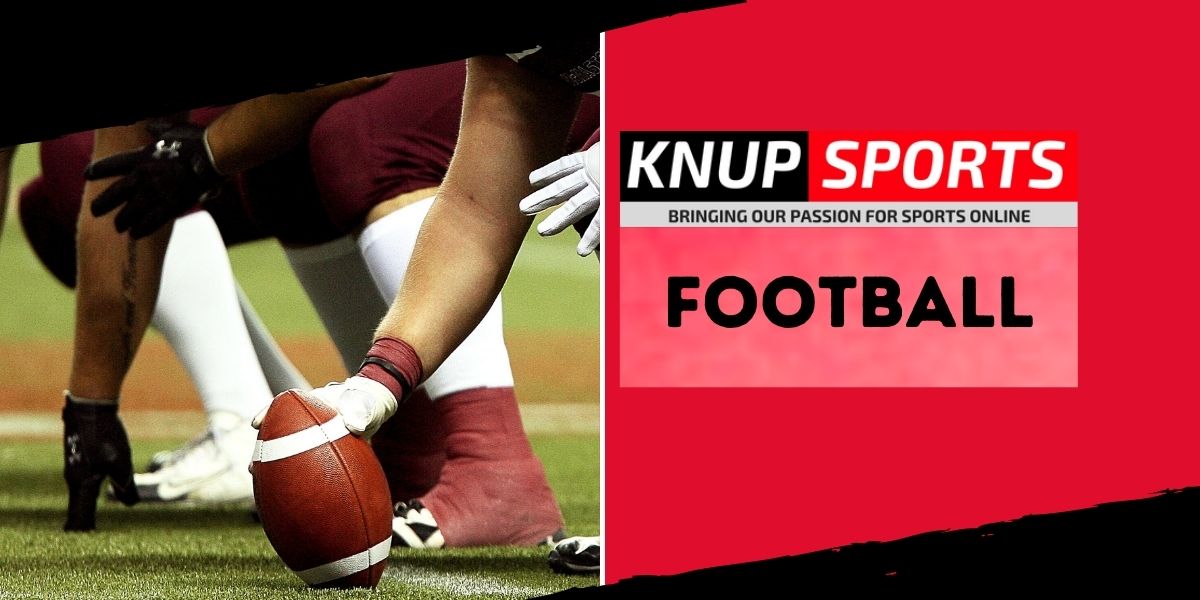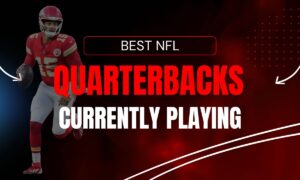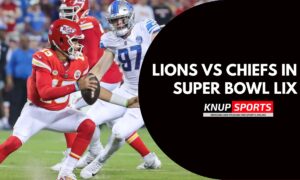There are few things more controversial than going for it on fourth down with the game on the line. That is precisely what happened in Week 6 of the NFL Season when Buffalo went to Tennessee to take on the Titans.
The Titans led 31-34 with 22 seconds left, and the Bills had the ball on the Titans’ three-yard line. It was 4th, and one, and the Bills went for it.
It was a QB sneak, and Josh Allen got stuffed on the attempt, making it nowhere near the line of scrimmage. As soon as that happened, Twitter was abuzz with criticism.
However, my problem with that is if Allen gets the first down, the Bills head coach Sean McDermott is heralded as a genius and Allen as MVP. Twitter is an excellent place for reaction, not well, intelligent thought.
So I want to explore both options and see if going for the win made the most sense or if kicking it does.
Going For It
Depending on the probability model you subscribe to, the decision to go for it looks very different. Amazon’s Next Gen Stats argued the conversion probability is 75%, meaning that to go for would lead to a 63% win probability, but only 42% if a field goal was attempted.
However, ESPN tells a different story. Going for it would only lead to a 48.9% chance of victory, whereas kicking would lead to a marginally less likely win percentage of 47.5%.
Still, in both instances, the correct call is indeed to go for it. Now the question is why? A Yale study from 2015 examined all 4th and one scenario from the 1998-1999 season until the 2015-2016 season, meaning that they looked at 3,181 4th and one conversion plays.
Beyond the fact that I love nerdy football analysis, I found this study to be beneficial. In the 3,181 attempts, teams converted at a rate of 65.7% as a whole.
Passing plays converted less successfully, getting a first down only 58.2% of the time. Rushing attempts were much more successful, and they boasted a conversion rate of 67.9%.
But the Yale study was able to break down the conversion rate by play type. Quarterback sneaks converted a whopping 82.8% of the time, whereas any other option (non-QB rushes and non-sneaks) converted much closer to 60% of the time. So, so far, the Bills look correct in their decision.
Kicking It
There is a legitimate argument to be made for kicking the field goal. The Bills rank 23rd in the NFL on fourth-down conversion attempts and convert them roughly 37.5% of the time.
The Titans, for as much flack as their defense, gets, rank 15th in preventing fourth-down conversions, allowing them only 50% of the time. A kick, on the other hand, is much more likely.
According to Football Reference, Tyler Bass has yet to kick a field goal from the 0-19 yard range, but he is 14-15 on the season. Bass is 8-8 from the 20-29 yard range and 5-5 from the 30-49 yard range. His only miss comes from 50+ yards where he is 1 for 2.
He is also 21-21 in kicking extra points, so he has seemed to avoid the kicking epidemic that has gone around in the last few weeks. So, I would argue that Bass is incredibly likely to make the kick; in his two seasons in the NFL, he has not yet missed a kick inside of 30 yards or less.
Assuming that Buffalo makes the kick, what happens next? The Titans got the ball back with 19 seconds and two timeouts, and I do not think that is enough time for the Titans to score, meaning the game would go to overtime.
If the Titans were to win the coin toss, odds would indicate that the Titans would likely end the game. Of their three possessions in the second half (not counting the kneel), the Titans scored on all three, two touchdowns, and a field goal.
The Bills just had no answer for Henry. Up to Week 6, the Bills had allowed only 75 rushing yards, which were the third-best in the league, and they allowed Henry three rushing touchdowns and 143 yards.
The Bills seem a lot less sure; they scored two field goals (because this is the alternate reality in which they kick a field goal), one touchdown, and a punt in the second half.
So while the field goal attempt by the Bills was indeed likely, it was equally possible that the Titans would be able to win in overtime.









